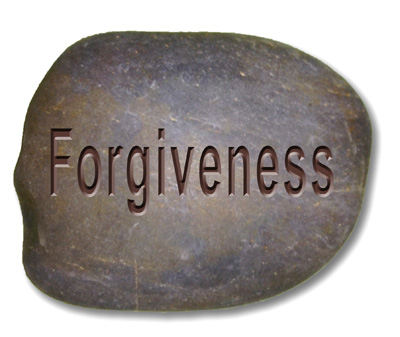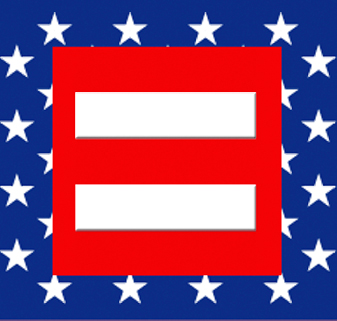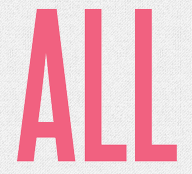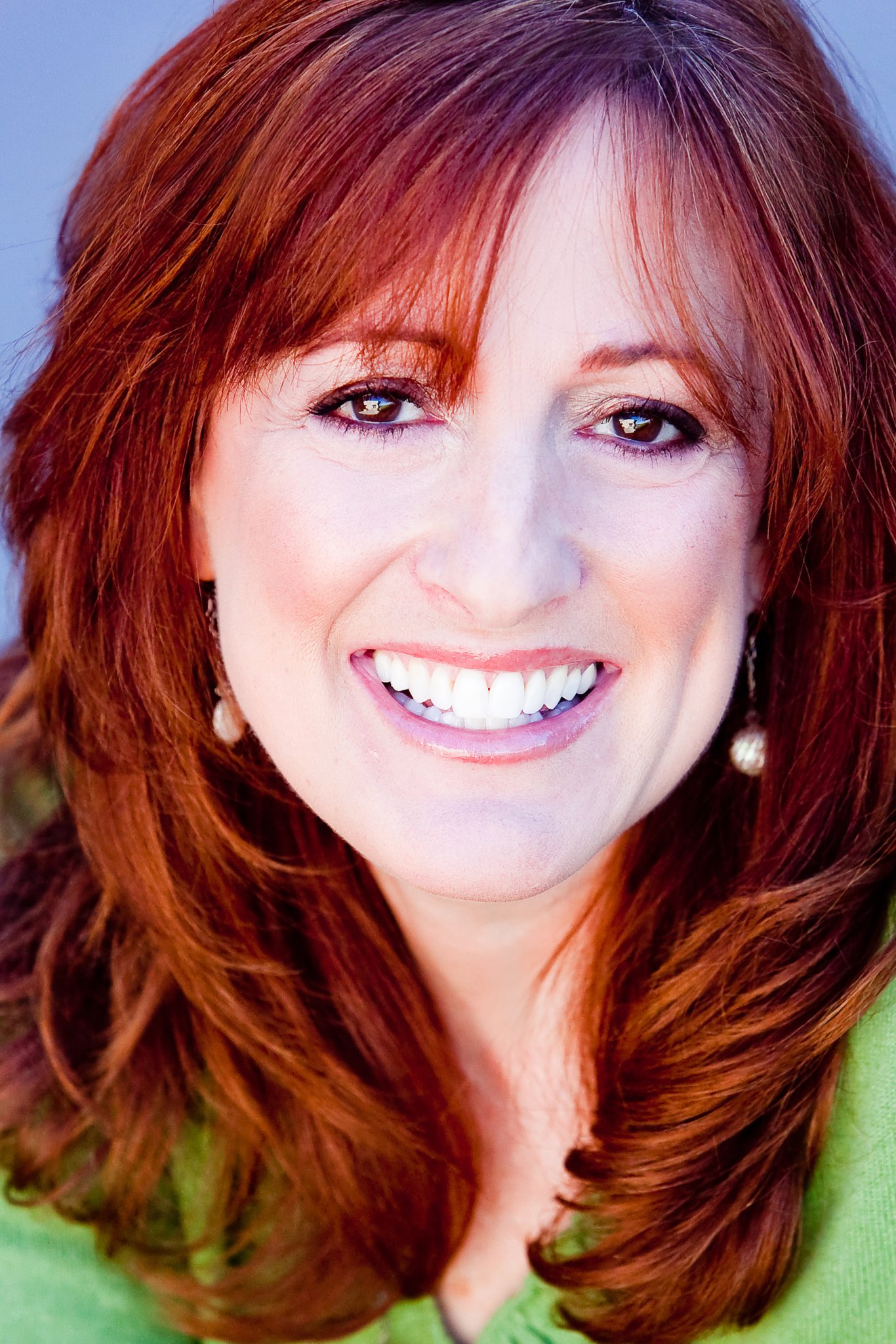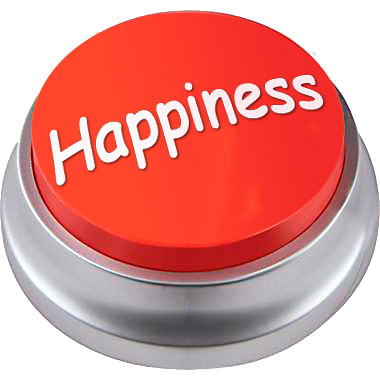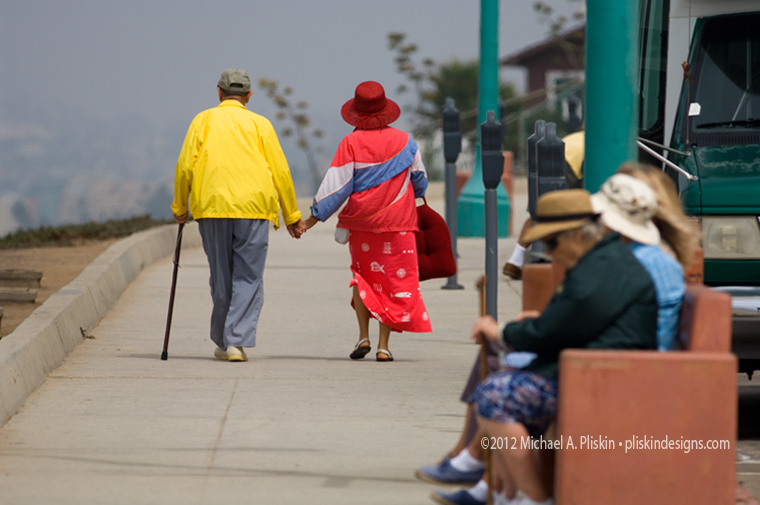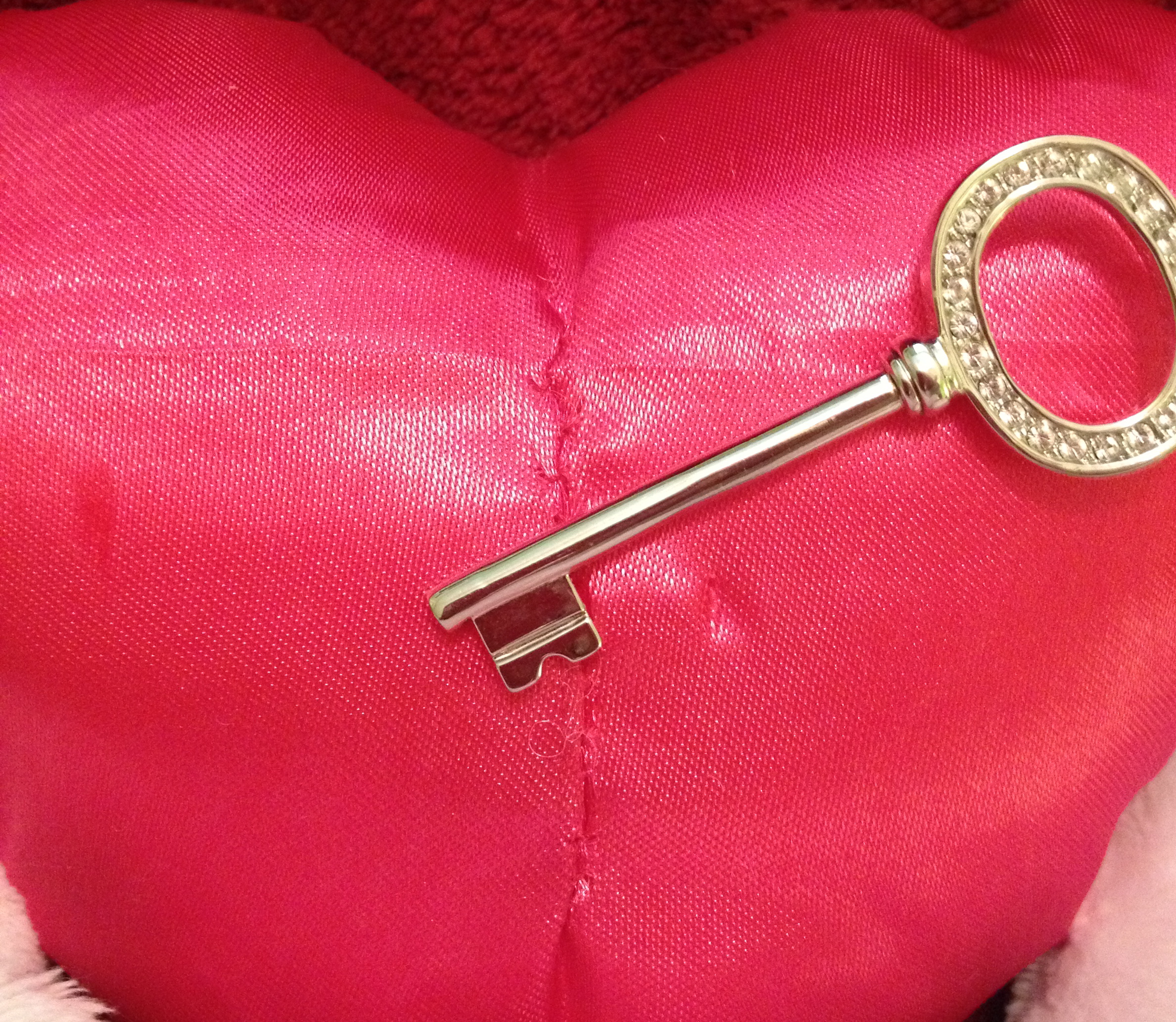To be honest, I do.
When Katie Couric’s talk show began, I was curious to see if she would be able to fill the hole that Oprah left in the Universe of daytime television. While I’m not sure that the planets are totally aligning with her star at the helm, a recent episode gave me pause regarding the concept of: Forgiveness.
On this particular show, people discussed how they were able to forgive others for shooting them in the face, or killing their daughter; situations none of us should ever have to encounter. It made me feel a bit ridiculous for getting my panties in a bunch over things that are trivial at best by comparison. On that same note, (the unimaginable aside), I feel that many of us need to learn how to put our big girl/boy pants on and get over it! ‘It,’ meaning whatever ‘it’ is that has pissed us off.
It’s true what they say, that we can’t control what happens to us, but we can choose how we respond… and how we choose to respond affects us in many ways. According to Fred Luskin, PhD, co-founder and director of the Stanford Forgiveness Project, forgiveness can lower blood pressure, heart rate, and reduce levels of depression, anxiety and anger. He says there are really only two steps in the process: grieving and letting go. You let go of anger and hurt by being mindful and focusing on gratitude and kindness.
Easier said than done, right? Instead of focusing on what we’re grateful for and feeling compassion, it is so much easier (and sometimes fun!) to imagine those who have hurt or disappointed us being slapped around and then devoured by a Tyrannosaurus rex. Admit it, grudges can feel good!
But not for long. Perhaps, for a moment, we feel better after seeing our fantasy of revenge play out in our mind, but ultimately the only person we’re hurting is ourselves. Forgiving others is difficult, forgiving ourselves maybe even more so, but holding on to the hurt and anger is not going to change what has happened.
I have slapped myself around (yes literally) many times for decisions I’ve made; for the ones that have inflicted pain on others, and for putting my trust in the wrong people. I was taken advantage of by someone in a position of authority when I was too young to know better, and thought I did. I dated and was conned by a shrink who said I was his ‘shaina madle’ (beautiful girl) while he was shtupping his patient; and bamboozled by a guy who wrote me poetry exclaiming undying love while secretly seeing five other women.
Choosing the wrong people can hurt, choosing the wrong place at the wrong time, can be deadly. I was held at gunpoint in a car with my mother and two close family friends outside our home when my daughter was eighteen months old. Thankfully, we narrowly escaped to the credit of our heroic driver, but I was afraid to drive at night after hearing the gunmen had raped and killed a college student a week prior. Forgive them….how? Forgiveness is tough and can seem impossible when we see heinous acts like we did in Boston, Newtown, and Colorado. Robert Enright, PhD, says, “The decision to forgive touches you to your very core, to who you are as a human being…It involves your sense of self-esteem, your personal worth…”
Deciding to forgive is a choice. We can choose to feel angry, or we can choose to be happy. If a grudge keeps you at a safe distance from someone who repeatedly hurts you, then perhaps in that instance a bit of a grudge is a healthy decision.
Forgiving will not change what has happened, but it can change our future. Choosing to embrace forgiveness provides us with a sense of both freedom and control.
Choice is our privilege and our responsibility. Choice #1: grieve and let go, not allowing anger and hurt to keep you from living the life of your choosing. Choice #2: stay angry, bitter and fearful, ultimately remaining stagnant due to the suffocating weight of resentment.
Forgive me, but it seems there is only one choice.

